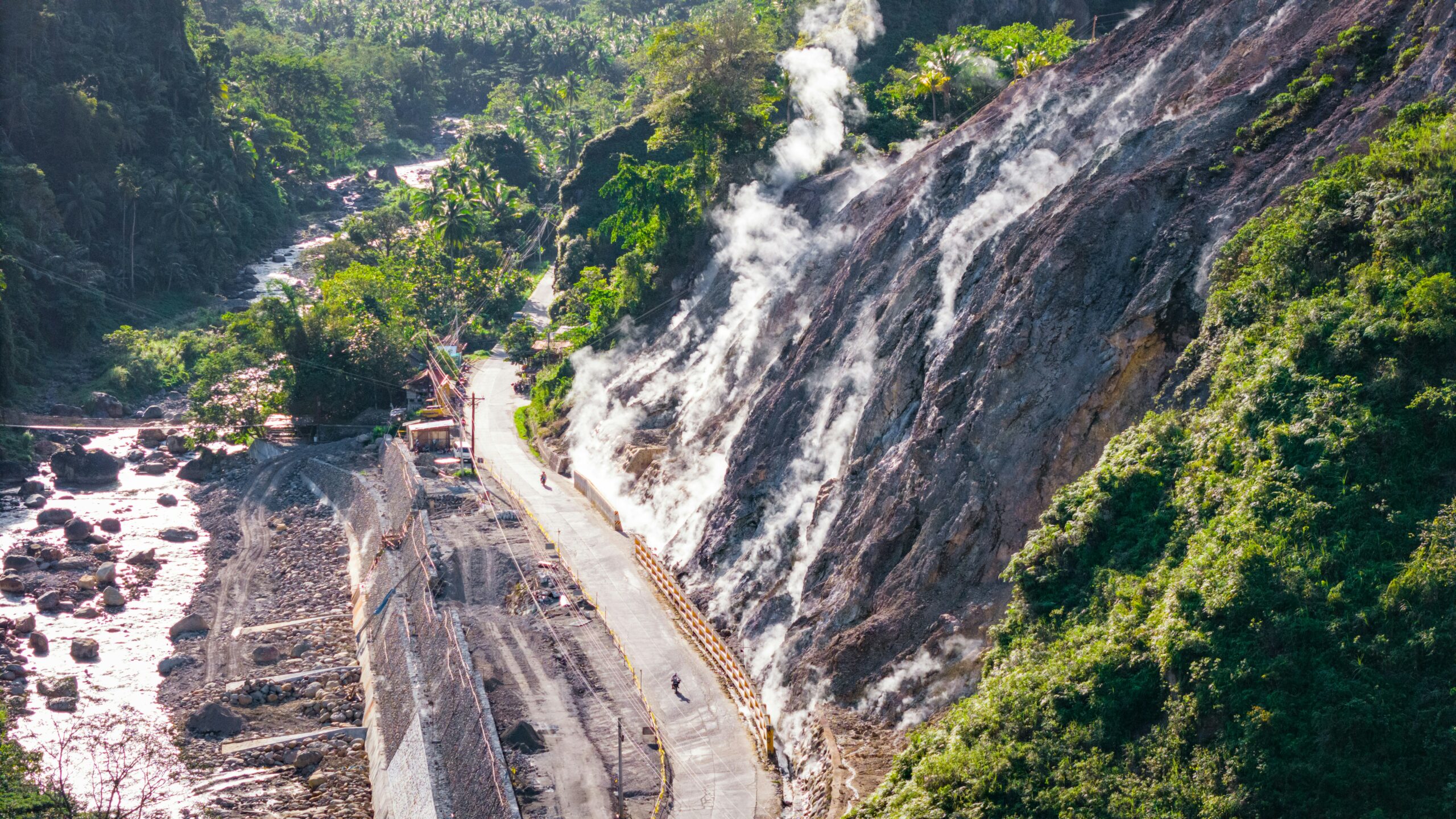A new mining bill in the Solomon Islands reveals what’s at stake when communities are shut out of decision-making

Right now, the Solomon Islands Parliament is considering a new mining law that could reshape land rights and resource decisions for decades. The Mineral Resources Bill 2025 was introduced quietly, with minimal consultation, and submissions from the public close this Friday, 20 June.
Across the Pacific, extractive industries have long shaped how land is used, who benefits, and who carries the cost. In the Solomon Islands, logging has already stripped forests, disrupted livelihoods, and left behind damaged rivers and reefs. Now, with forests depleted, many companies are turning to mining bringing a new wave of pressure to land, water, and communities.
These shifts aren’t just local. They sit within larger global systems where profit is prioritised, consent is treated as optional, and those most affected are often shut out of decision-making. As mining expands, so do the risks to ecosystems, rights, and the relationships that hold communities together. This moment is part of a bigger story about power, development, and whose voice counts.
Leaving Communities Behind
ICAAD and our frontline partners have spent the last year co-developing an Advocacy Toolkit to support landowners, organisers, and civil society leaders to respond to the growing shift from logging to mining. The Toolkit includes advocacy guidance, case studies, and strategies for community organising. It’s part of a project supported by the Earth Rising Foundation to help develop capacity and movement infrastructure around these challenging issues.
While working on the Toolkit, this bill was introduced. While perspective vary on finer details, one thing has been made clear by civil society: it does not represent the voices of communities because they were not involved in the design.
What the Bill Says
At its core, the Mineral Resources Bill 2025 would make it easier for mining to proceed without landowner consent. It gives wide powers to government, introduces compulsory acquisition mechanisms, and removes requirements for landowners to be represented on the powerful Minerals Board. Even where environmental risks are identified, the law allows mining to move forward anyway.
There are few safeguards for affected communities, no clear enforcement of benefit-sharing agreements, and limited avenues for legal redress. These are not small gaps. They reflect a broader approach to development where human rights are treated as optional, and where land, particularly customary land, is positioned as an economic resource rather than a living foundation of culture, identity, and responsibility. The legal framework around logging requires landowner consent because it is above the ground, but subsurface minerals are under the authority of the central government.
This is a remnant of colonialism and is a common distinction in mining laws in states that retain colonial era legislation, even where some aspects of customary land tenure prevail. Nationalising subsurface resources makes mineral extraction easier and more profitable for colonial administrations and foreign companies.
Why This Matters
For those outside the Solomon Islands, this moment may feel familiar. It reflects structural issues playing out in contexts across the globe when extractive industries take hold, especially in small island states and Indigenous territories.
Global conversations about “critical minerals” often ignore the frontline communities who are being asked, yet again, to absorb the risks. In that sense, what happens in Solomon Islands is part of a larger question: who gets to define development? Who decides what’s worth protecting?
These are not just legal questions. They’re questions about the shape of our collective future and the possibilities of a just transition.
Our Role
In this moment, ICAAD’s role is simple: support the leadership on the ground. That’s looked like reviewing the bill with partners, helping break down legal provisions, and sharing tools communities can use to make their voices heard. Our partners are leading the response, convening forums, drafting submissions, and holding space for people to engage with the proposed law and speak to decision makers in their own words.
How to Speak Up
For our friends and colleagues, in the Solomon Islands, be sure to make your voice heard. Submissions are due Friday 20 June by 4:30pm (SBT). You don’t need to be a lawyer. You don’t need to be an expert. You just need to share what matters to you, your family, your land.
What’s Next
Once the submission window closes, we’ll return our focus to launching the full Advocacy Toolkit and sharing it with communities around the country. This moment has only underscored how needed it is. This is not just about a response to a single bill. It’s about the movement infrastructure needed to equip and connect communities who are navigating the pressures of extractive industries every day.
To stay updated on the Toolkit launch and other ways to collaborate, sign up to our newsletter or share this post with others who care about climate justice and Indigenous rights.
